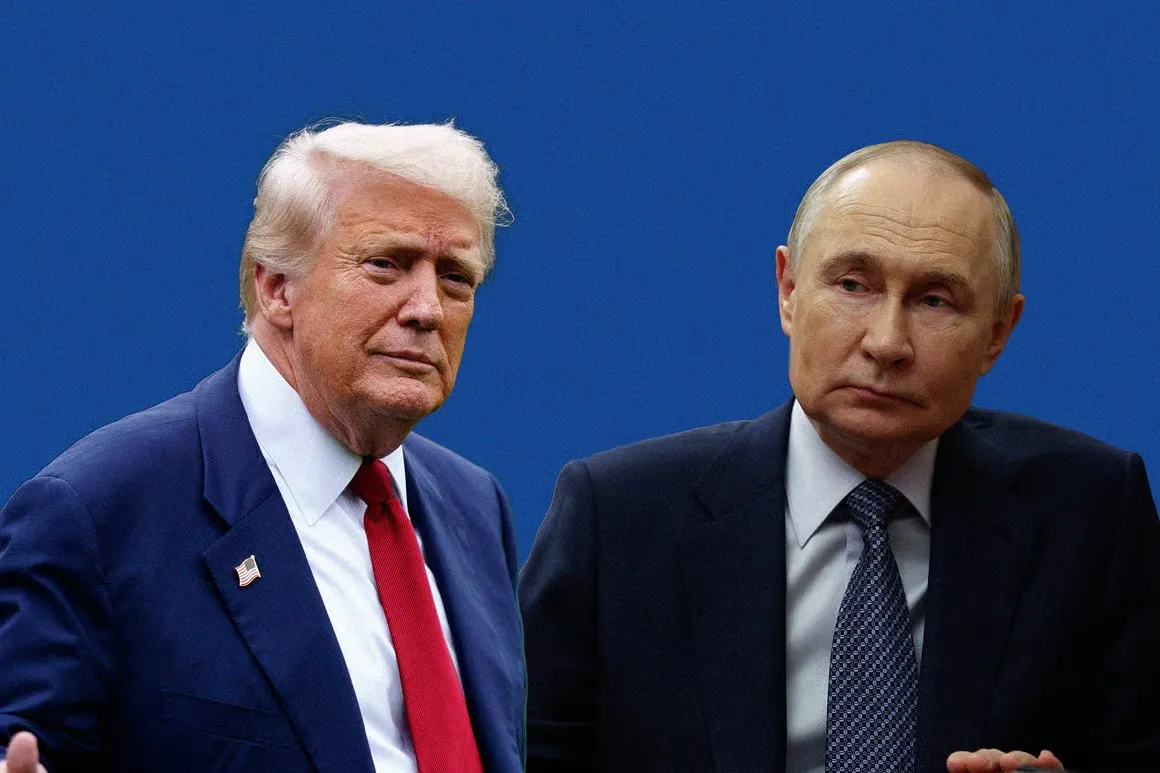Even before Donald Trump and Vladimir Putin step onto the cold grounds of Alaska for their long-anticipated meeting, one conclusion is already hanging in the air, like icy fog over the Bering Strait: the classic formula “nothing about Ukraine without Ukraine,” carved into diplomatic annals since Petro Poroshenko’s presidency and inherited by Volodymyr Zelensky, seems to be heading to the shelf of history. In a world where major players play chess with continents, Kyiv risks ending up as a pawn moved without its consent.
It can be said: such meetings rarely remain “bilateral relations.” Insiders in Washington, whom we spoke with on condition of anonymity, confirm that the war in Ukraine, unleashed by Russia, will not just be a point on the agenda but its dominant feature. “This is not about trade or the Arctic,” — whispered one high-ranking State Department official, “This is about how Trump wants to 'resolve' Ukraine to boast about a quick victory before the 2026 elections.”
Zelensky, of course, can claim the opposite, citing his recent diplomatic marathons — dozens of calls to European leaders, culminating in a video conference with Trump. According to our sources in the White House, this conversation indeed went perfectly — “ten out of ten,” as Trump himself assessed, with an emphasis on coordinating positions. But the reality is harsh: Trump has already spoken with Zelensky about Ukraine; now it’s Putin’s turn, who avoids direct contacts with Kyiv as if it were the plague. “The logic is simple,” explains one European diplomat. “Trump believes that the key to peace lies in Moscow, not Kyiv.”
The worst-case scenario for Ukraine — the one whispered about in Western media and NATO circles — is “peace in exchange for territory.” Imagine: Trump pressures Kyiv to withdraw forces from Donetsk and Luhansk regions, and Russia “promises” to cease fire and move to “meaningful” negotiations. Zelensky has already publicly rejected this idea, stating he will refuse any “proposal” smelling of capitulation. But what if Trump just shrugs it off? “I negotiated the best deal, and they’re sulking — figure it out yourselves,” — he might say, walking away from the “Ukrainian case” and shifting focus to China or Mexico. Insiders within the Trump administration hint that such a turn is not excluded: “Trump hates protracted wars; for him, Ukraine is Biden’s ‘Afghanistan,’ just without American boots on the ground.”
On the other hand, Trump’s promise during the video conference not to touch territorial issues with Putin, focusing instead on a ceasefire, offers some hope. But who can rely on Trump, the master of improvisation? His style is a mix of showbiz and tough bargaining, where promises can evaporate faster than Alaskan ice. The optimal scenario for Kyiv: Putin unexpectedly agrees to an immediate ceasefire without conditions, fixing the current frontline line and launching real negotiations, far from the Istanbul rituals. But even skeptics in the Ukrainian Foreign Ministry, with whom I spoke, are cautious: “Putin is not the type to just 'stop firing'; he needs guarantees that NATO will withdraw.”
The most realistic — and possibly best — outcome: no agreements at all. If Trump becomes disappointed with Putin, it could lead to increased sanctions against Moscow, tariffs on Russian oil, or even increased military aid to Ukraine. “If Trump sees that Putin is dragging his feet, he might hit him where it hurts,” — says one analyst from the Atlantic Council. “For him, it’s win-win: looks strong and avoids deep involvement.”
Between these poles, there are many nuances. Does Trump have a “Plan B” if Putin says “yes, but...” ? How will Kyiv react to a potential U.S. withdrawal? And is Trump risking turning Ukraine into his “Afghanistan,” as he reproached Biden? Zelensky will have to maneuver carefully: explain possible compromises to the people without triggering street protests, as happened recently.
While experts forecast everything from a “quick end to the war” to “endless escalation,” the Ukrainian authorities must answer key questions now. Where is Kyiv’s “red line”? How to react if the summit unexpectedly leads to a trilateral meeting with Zelensky? Leaks in the media only add confusion, but one thing is clear: Saturday morning Kyiv time may change the course of history. Or not — and the war will continue in the shadow of great games.


